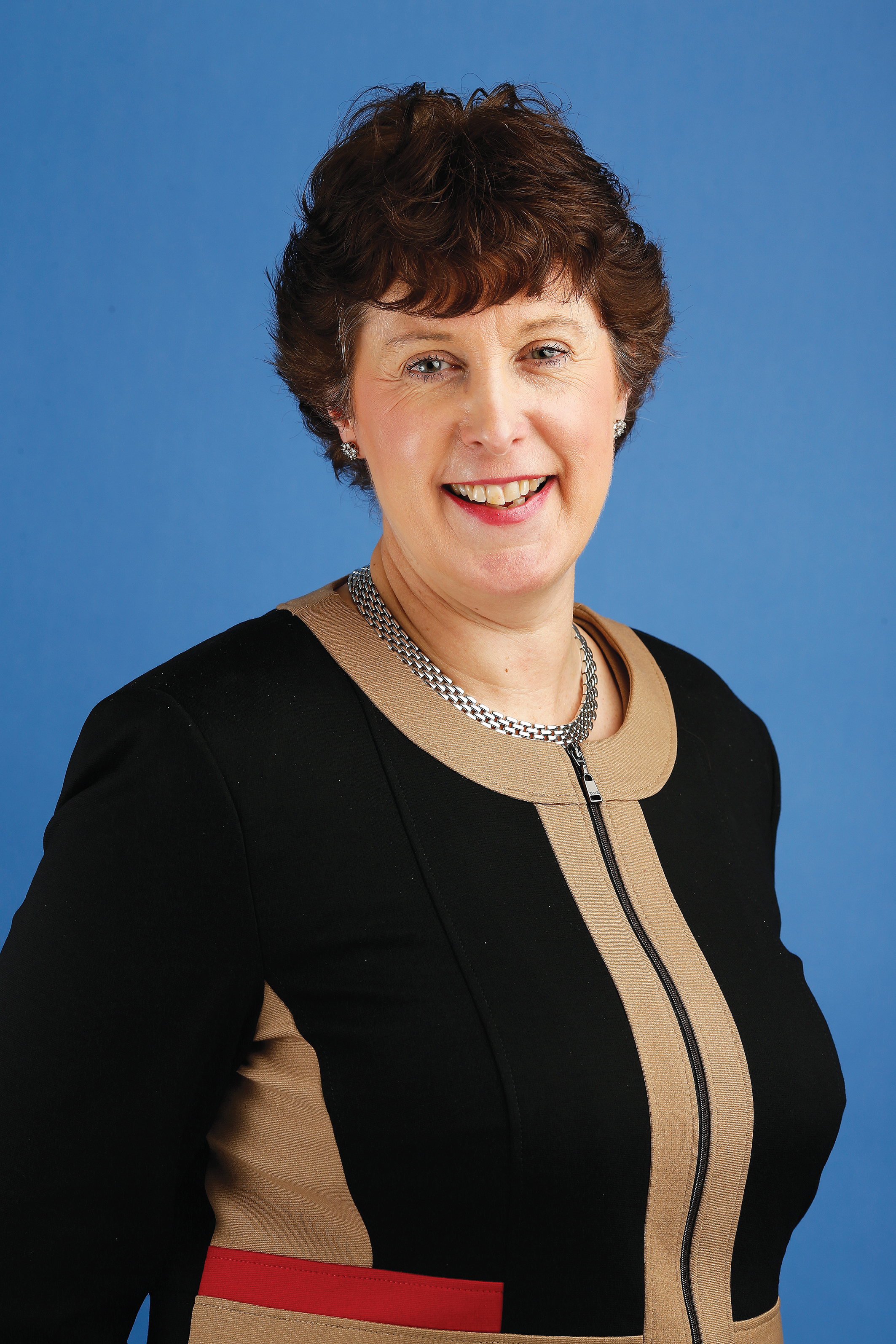
UK-based Standard Chartered Bank has set an ambitious target to expand its offering in securities services with the migration of the business, currently within its transaction banking, into the bank’s financial markets arm. A new unit called financing and securities services (FSS) has been launched combining it with its financial market’s portfolio risk management unit.
“Over the course of the next four years, we are looking at almost doubling our revenue in the securities services business,” shares Margaret Harwood-Jones, co-head of FSS, in an exclusive interview with The Asset. “In order to perform at that level and maintain the trajectory we’ve had in terms of our CAGR [compound annual growth rate], we need to be razor-sharp on looking at the institutions we will target.”
The bank’s decision, somewhat belatedly, follows what other large transaction banks have done over the past years. Citi moved its custody and fund services business into the bank’s global markets, and, at Deutsche Bank, transaction banking and the global markets' fixed-income, currencies and commodities division are headed by one executive, David Lynne.
Harwood-Jones, who will co-head the new unit with Emmanuel Ramambason, based in London, explains that the move aligns financing, custody and clearing, and funds services under a single umbrella. “This is going to put us in a stronger position to support our clients with a broader offering into our priority segment of insurers, investors, and sovereign wealth funds.”
While the collaboration with the bank’s foreign exchange team is likely to be strengthened further, the new unit looks set to push its prime business offering. “It was launched a few years ago and it’s a modest size now. But with the alignment, it should perform more strongly in the eyes of our clients and shareholders.”
Another area that should benefit from the new setup is the bank’s securities finance business. Almost a year ago, Standard Chartered signed a partnership agreement with e-SecLending, an independent securities lending specialist. “We want to develop, support and grow that, which should be an ever-more important part of the securities services’ capability,” Harwood-Jones notes, adding that FSS also plans to push deeper into providing collateral management.
Harwood-Jones believes that securities finance serving the 40 emerging markets in Asia, Africa and the Middle East is a differentiator for the bank. “The institutional investors who would be most interested will be those names that have a strong interest and asset profile across those geographies. Frankly, we would be of less relevance to an institutional investor with a predominance of assets in the OECD [Organization for Economic Co-operation and Development] countries.”
The partnership with eSecLending is another reason for the bank’s push into securities finance. “We have collaborated with them because of the strength of their technical capabilities, particularly the functionality around the auction process in securities lending,” she points out. “As they are not a bank, for them to be able to offer the level of assets, securities and indemnification that large institutional investors are looking for, partnership with a bank like us with the strength of our balance sheet creates a best-of-breed approach, which is another differentiator.”
While the contribution of securities finance is small today, she expects “a very healthy double-digit growth year-on-year coming from securities lending". Part of that will be from the expected increase in demand from insurers that now have to adopt a risk-based approach and comply with regulation similar to Europe's Solvency II being rolled out by regulators in the region.
Harwood-Jones says that the bank’s business with the global custodians, where it acts as a sub-custodian, will continue to be vital in driving revenue growth as will the clearing work in local markets for broker-dealers. “We intend to maintain the strength of our performance to those names, and we continue to see growth and upside opportunities there.”
Roberto Hoornweg, global head of financial markets, to whom both Harwood-Jones and Ramambason will report, notes: “This combination will allow greater alignment of our prime business within portfolio risk management, and harmonize our offering in financing, custody and clearing, as well as fund services for our clients.”









